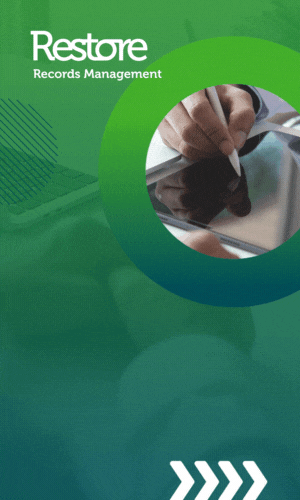A new research report from Google DeepMind has found artificial intelligence can help support the treatment of acute kidney injury earlier.
DeepMind has developed technology that could give doctors a head-start in treating acute kidney injury, a condition that is associated with over 100,000 people in the UK every year.
The team at DeepMind has focused on finding an answer to the complex problem of avoidable patient harm, building digital tools that can spot serious conditions earlier and helping doctors and nurses deliver faster, better care to patients in need.
DeepMind said the break through is the team’s biggest to date, demonstrating the ability to not only spot deterioration more effectively, but actually predict it before it happens.
DeepMind applied AI technology to a comprehensive de-identified electronic health record dataset collected from a network of over a hundred Veteran Affairs sites. The research shows that the AI could accurately predict AKI in patients up to 48 hours earlier than it is currently diagnosed. The model correctly predicted 9 out of 10 patients whose condition deteriorated so severely that they then required dialysis.
The model also provides the clinical information that was most important in making its predictions of deteriorating kidney function. It also provides predicted future results for several relevant blood tests. This information may help clinicians understand the reasoning behind the AI-enabled alert and anticipate future patient deterioration.
The company now plans to build AI into its Streams technology, a mobile medical assistant for clinicians. The solution has been in use at the Royal Free London NHS Foundation Trust since early 2017. The app uses the existing national AKI algorithm to flag patient deterioration, supports the review of medical information at the bedside, and enables instant communication between clinical teams. Shortly after rolling out at the Royal Free, clinicians said that Streams was saving them up to two hours a day.
By using Streams, specialists reviewed urgent cases within 15 minutes or less and fewer cases of AKI were missed (3.3% rather than 12.4%). The app also reduced the average cost of admission for a patient with AKI by 17%.
Feedback from a qualitative study was positive, with healthcare professionals emphasising the ways in which the app accelerated the detection of patients in need, saved them time in performing administrative tasks, and improved team communication. One respondent said the app “streamlines care, and speeds up the time in which they get a specialist renal review.” Another clinician from the nephrology team stated that “Being able to look up the blood results for anyone in the hospital wherever you are is unparalleled…it must save at least – I don’t know if you could analyse it – but it must save at least a couple of hours in a day.”





